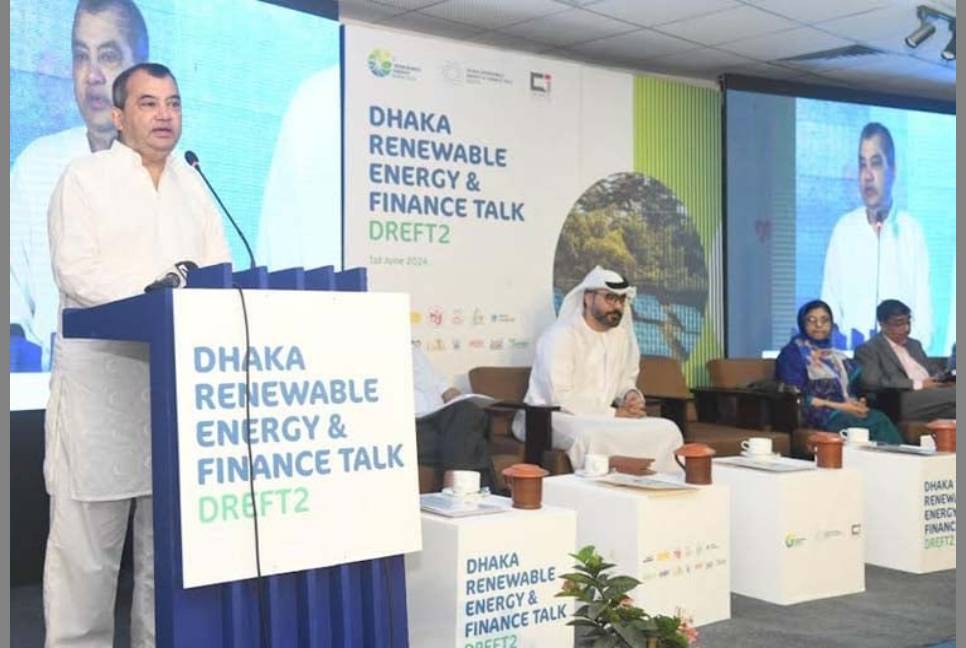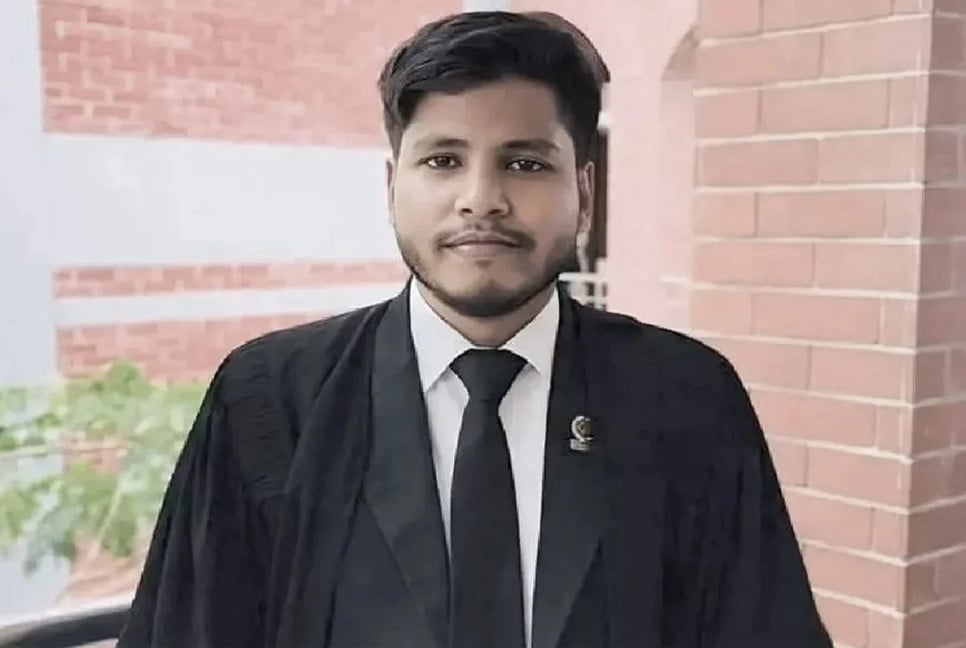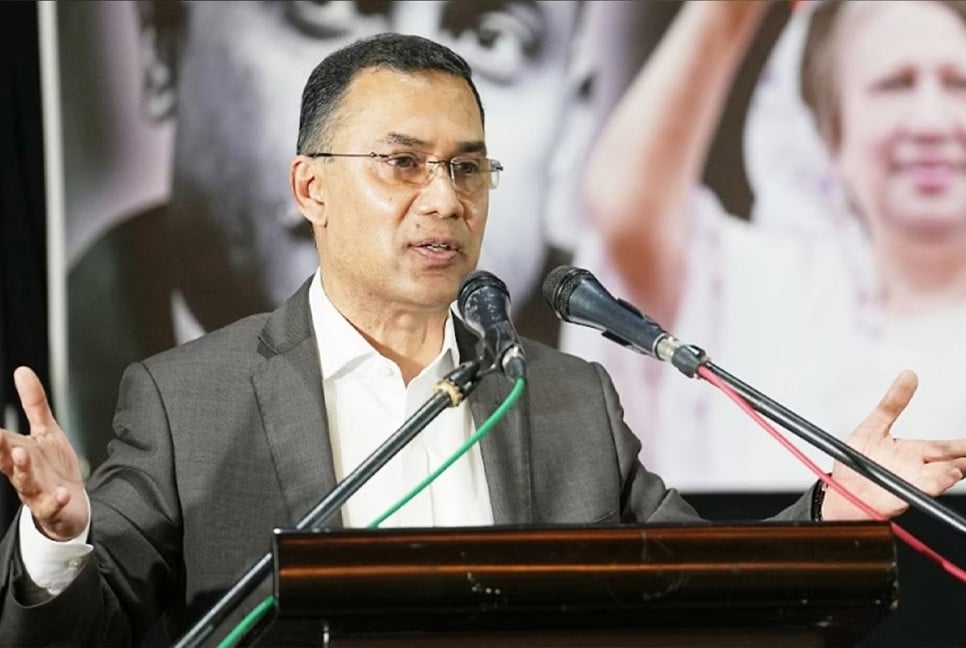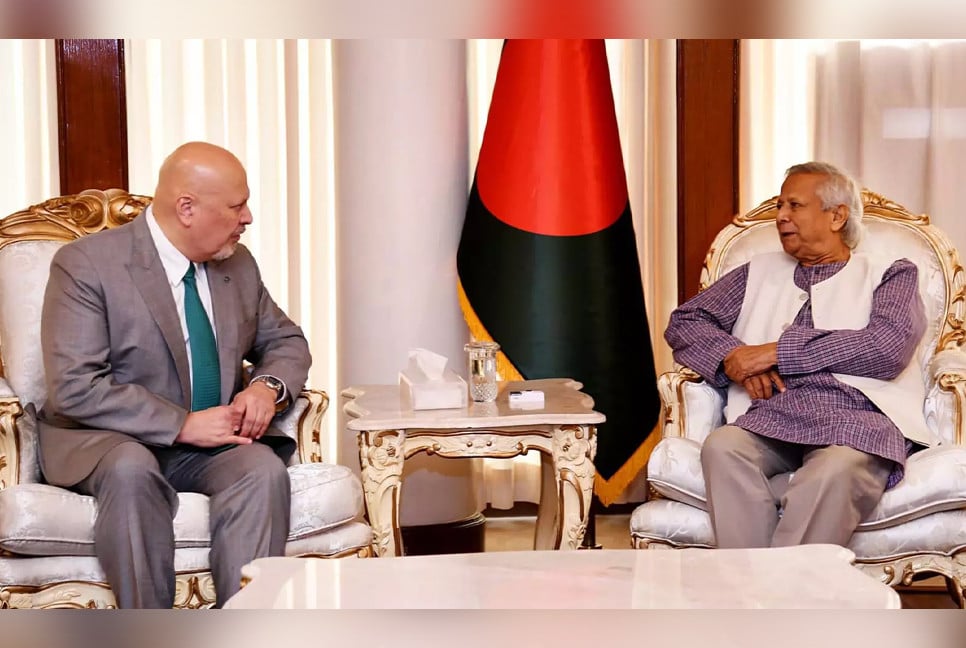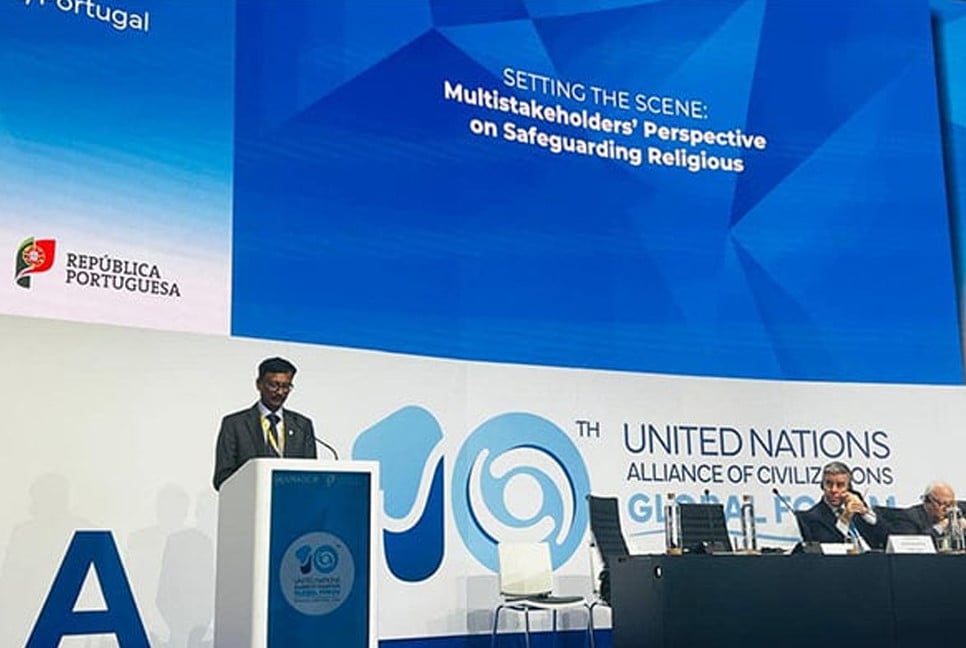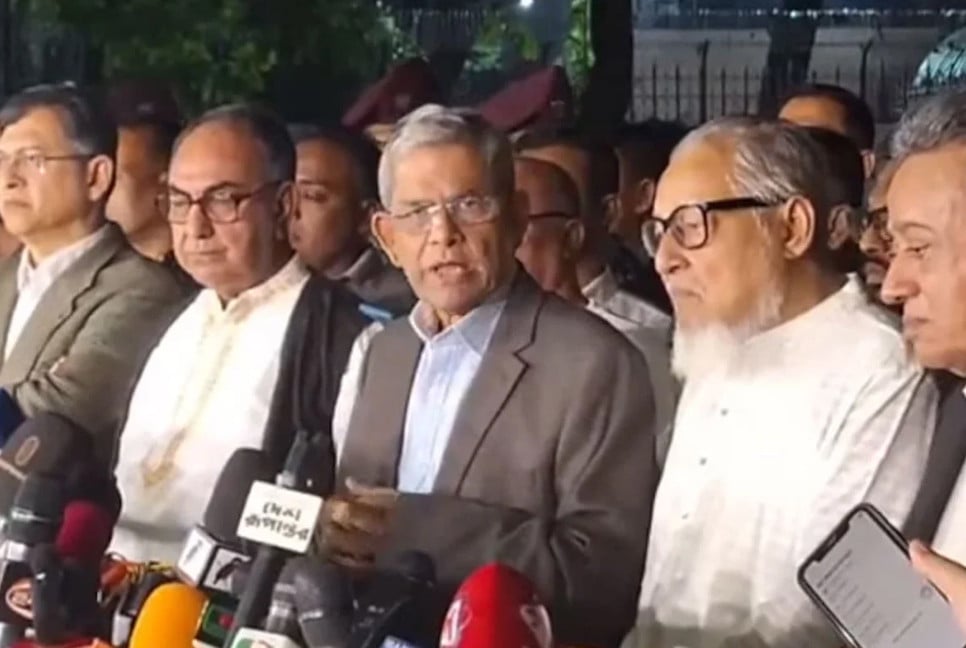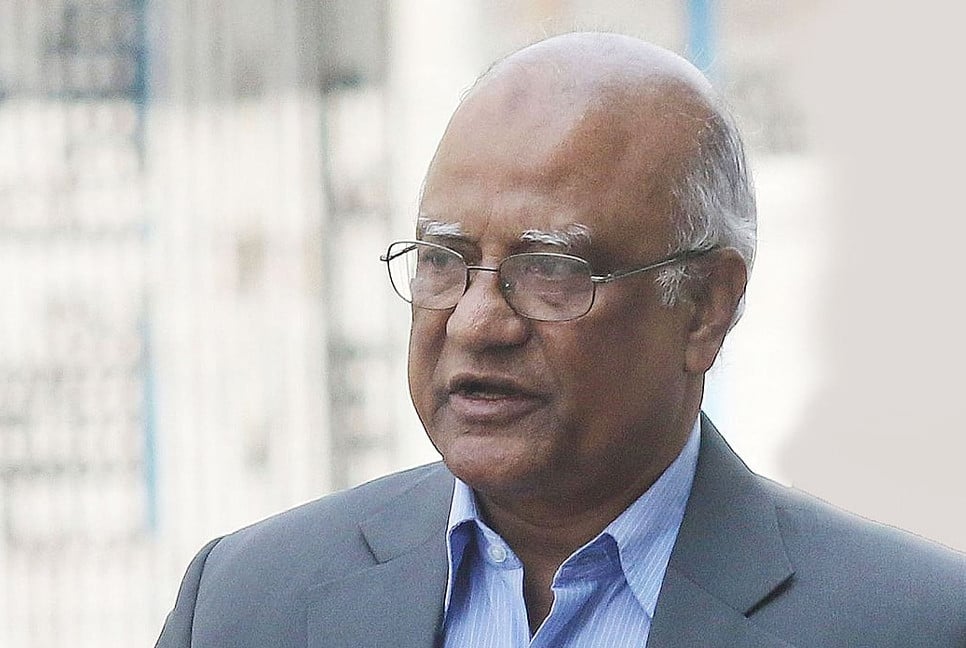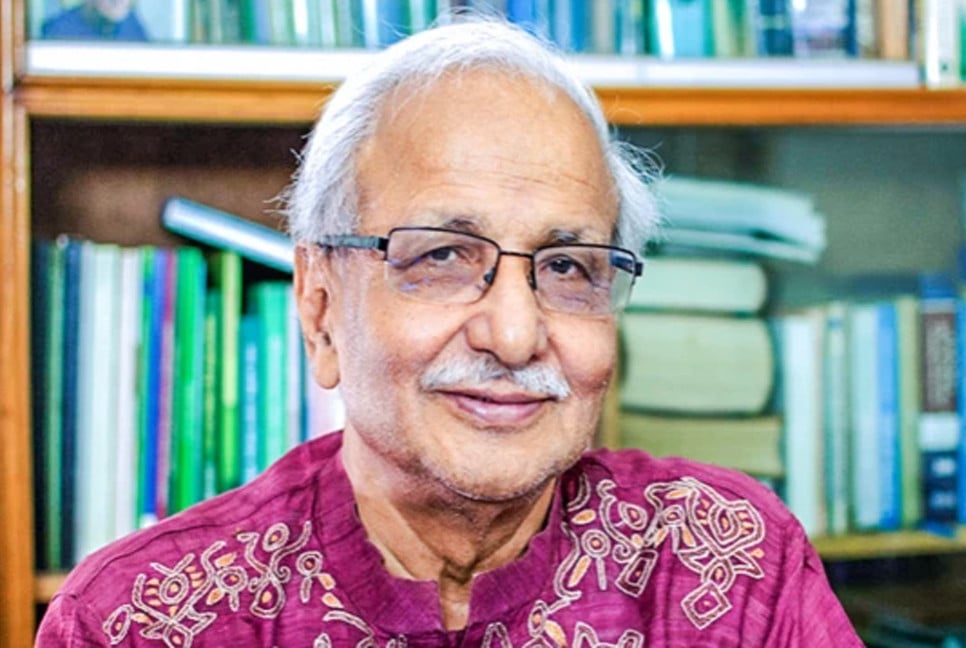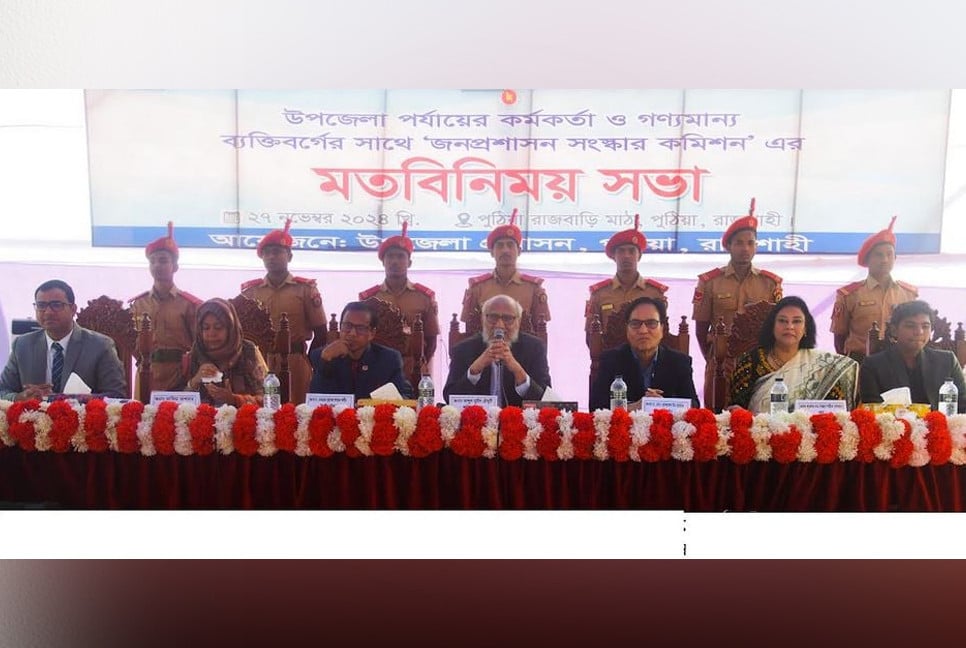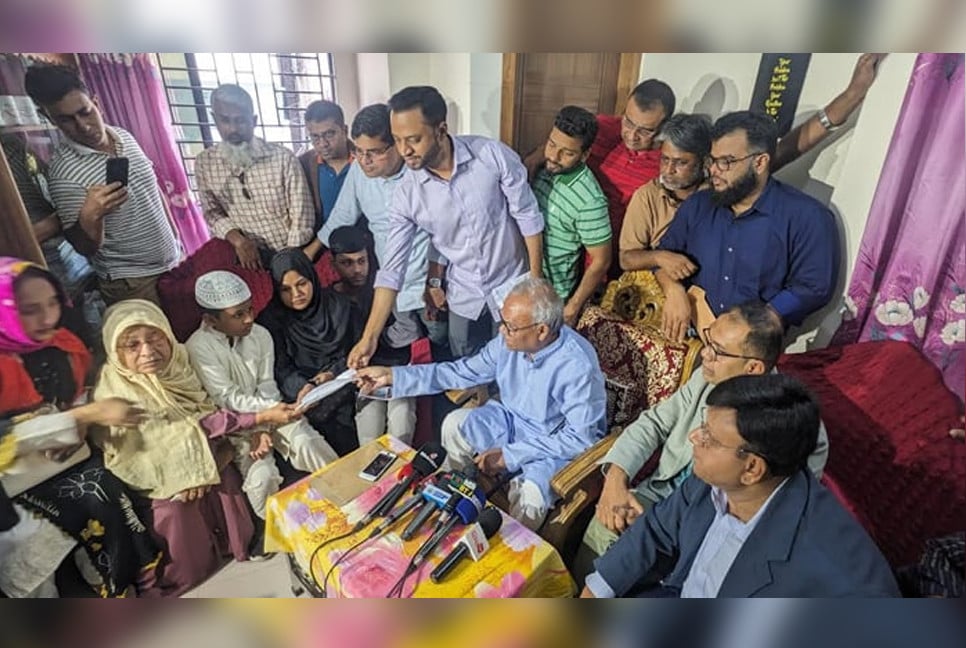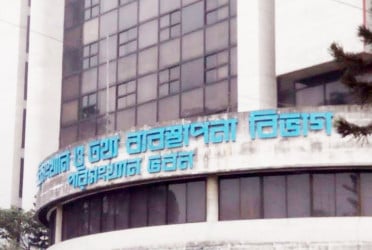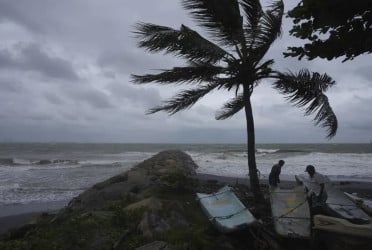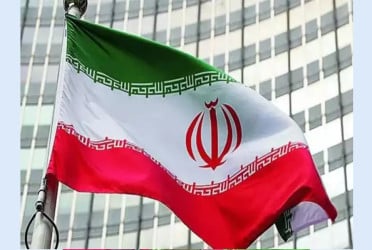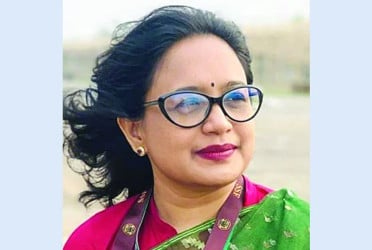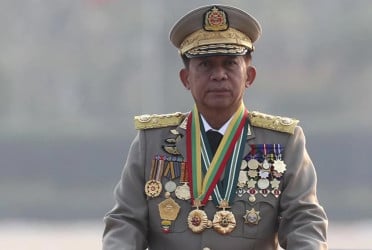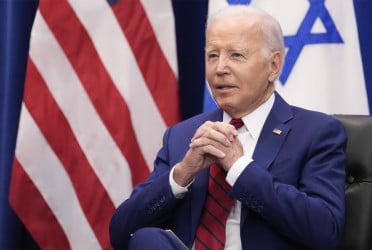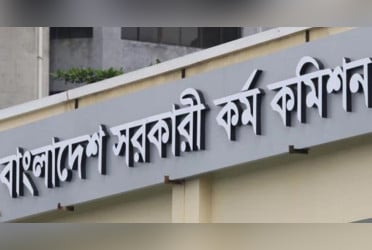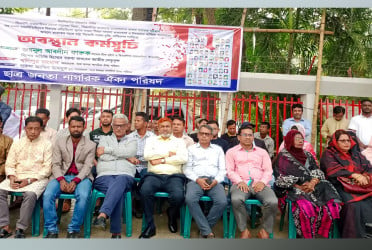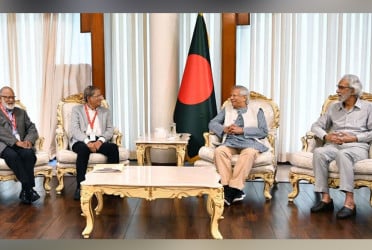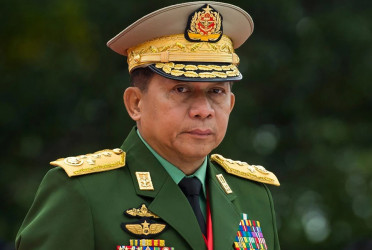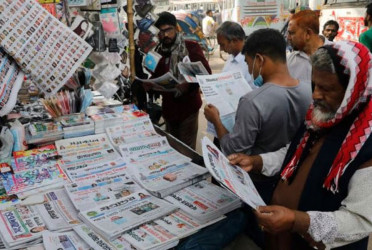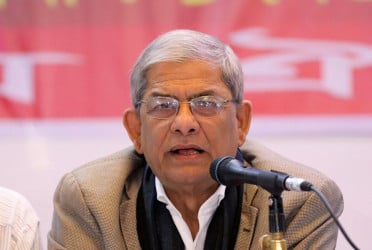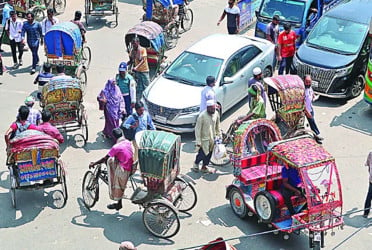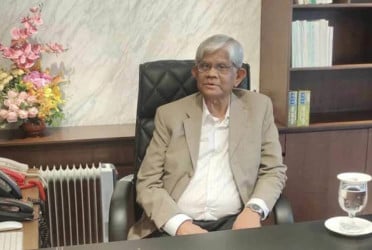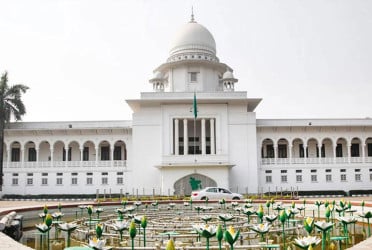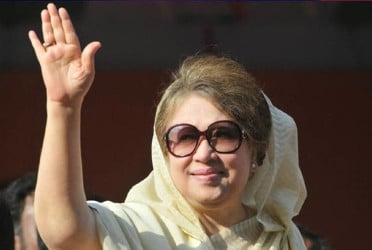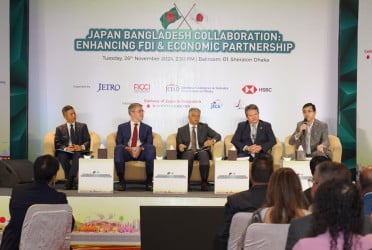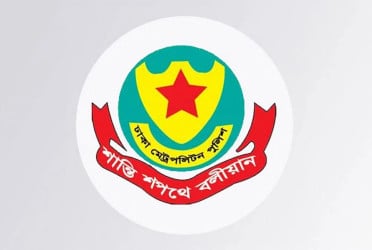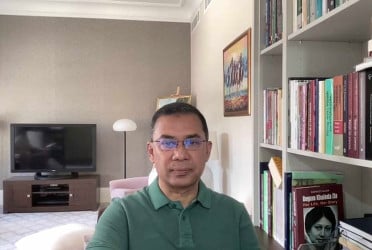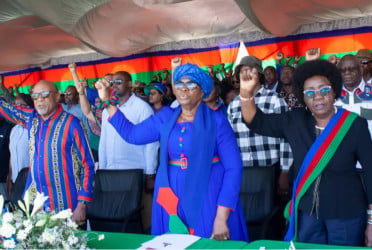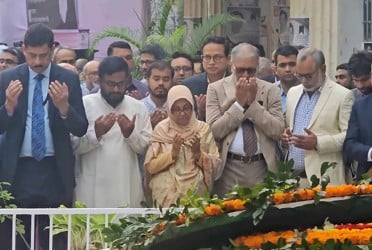Environment, Forest and Climate Change Minister Saber Hossain Chowdhury on Saturday said that if the country's agricultural irrigation pumps are converted to renewable energy, it could save 5,000 megawatts of electricity, BSS reported.
Saber made the remarks at the 2nd Dhaka Renewable Energy Financing Talk organized by Change Initiative at the Bangabandhu Military Museum in the capital.
He said aiming to combat climate change and promote sustainable development, the government is committed to increasing the production and use of renewable energy.
As part of implementing a green, clean, and climate-resilient economy, the government is working to reduce reliance on coal for electricity production and encourage the use of renewable energy, he added.
He said due to limited land availability, initiatives are being taken to install floating solar panels on ponds or water bodies for fish farming underneath or to place solar panels on rooftops.
The minister further said, "We are encouraging the private sector to invest in renewable energy projects. The government has set a goal to produce 40 per cent of our electricity from renewable sources by 2041. This goal is crucial for ensuring energy security, economic growth, and environmental sustainability."
Highlighting the need for cooperation across all sectors of society to achieve this vision, Saber said that investment in renewable energy infrastructure and technology, including solar, wind, biomass, and hydropower, is essential.
The minister said that renewable energy not only reduces carbon emissions but also creates employment, improves public health, and enhances the quality of life.
Abdulla Ali Abdulla Khaseif AlHmoudi, Ambassador Extraordinary and Plenipotentiary UAE Ambassador to Bangladesh; Dr Md Mustafizur Rahman, Member (Secretary), Industry and Energy Division Planning Commission; Munira Sultana, Chairman, Sustainable Renewable Energy Development Authority (SREDA); Mamun Rashid Chairman, Financial Excellence; Professor A K Enamul Haque, Dean, Faculty of Business and Economics East West University and Zakir Hossain Khan, Chief Executive, Change Initiative also spoke on the occasion.
bd-pratidin/GR

